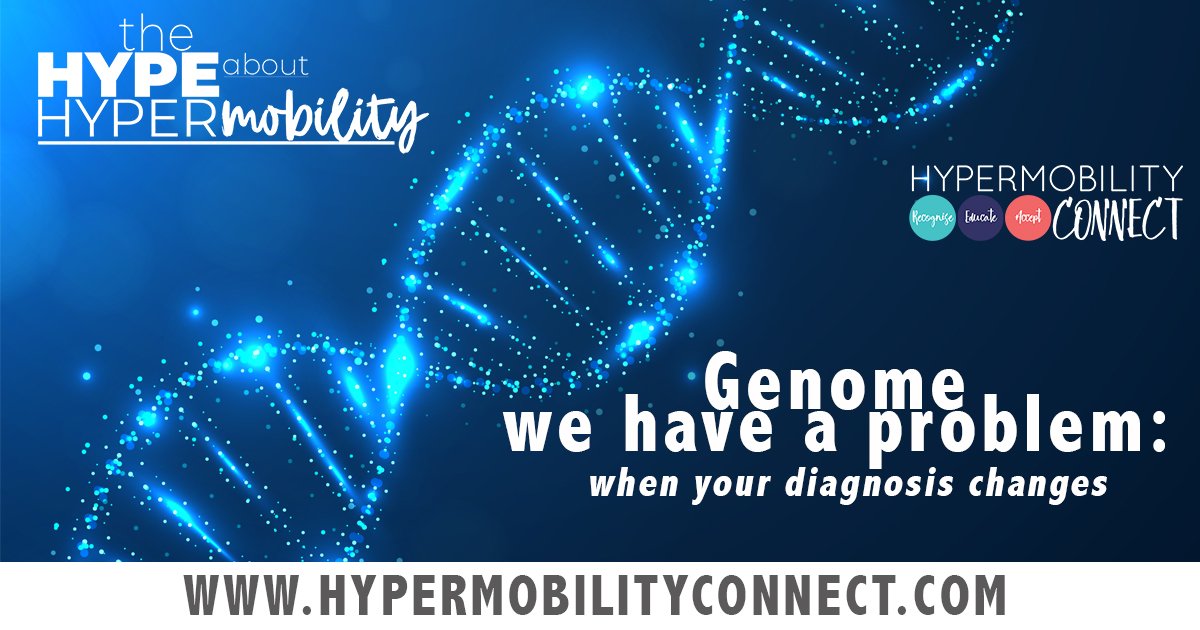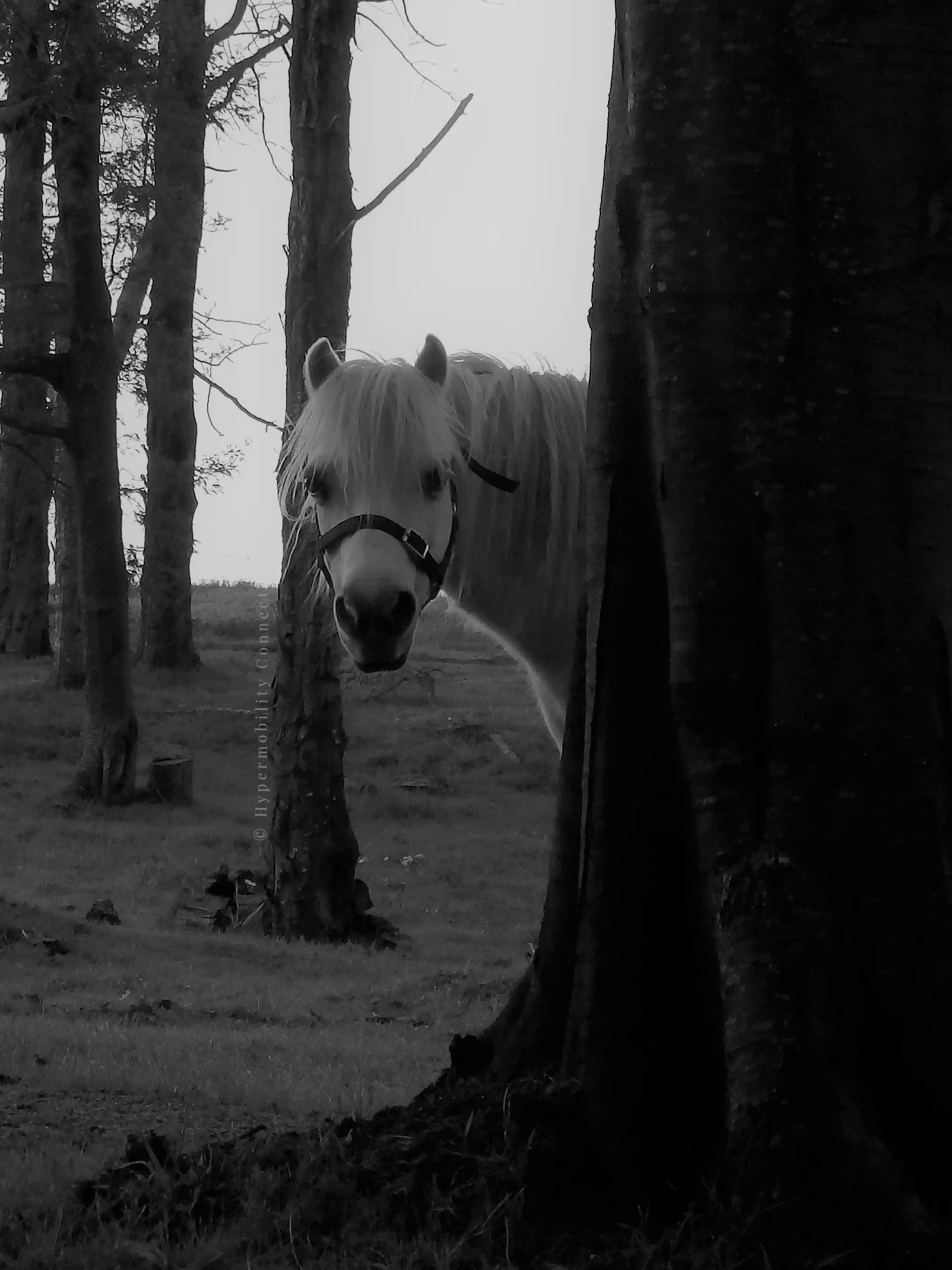Genome, we have a problem: diagnosis change
How would you feel if you'd been battling along, learning everything you could about the rare disorder you'd been diagnosed with.... only to, 7 years later, be told that's not your disorder at all? To have your diagnosis change?
It's like having someone call PLOT TWIST in the middle of your life.
One of a our beautiful, kind hearted community members recently had the experience of being told that her rare disorder diagnosis, Kyphoscoliotic Ehlers-Danlos Syndrome was not actually correct.
Enter the devastation and confusion.
How can this be?
This is one of the many hardships that comes with being a member of the rare disease community. The unknown can be full of surprises. Because kEDS diagnosis can be made on clinical characteristics, due to their unique presentation, in this case, the specific genetic mutation wasn't actually tested for. It was pretty clear cut that she had kEDS. It was assumed to be either the PLOD1 or FKPB14 mutation. However, in this instance, clinical diagnosis really let this amazing individual down.
We are talking about going from a disorder which has a prevalence of approximately 1 in 100,000, to a much rarer disorder - Loeys-Dietz Syndrome Type 4 (prevalence unknown), with an even rarer specific mutation.
Having lived with symptoms from age 11, waiting til 25 to get the first diagnosis, and now at 32 having that diagnosis changed, it's been a long ride! That ride included not being believed by medical specialists, having symptoms dismissed or at its worst, being told she was self-injuring to get attention!
Living with a rare connective tissue disorder means that not a lot is known about treatment and management, and the focus becomes about managing symptoms and borrowing information from other types of the same disorder, or the wider group of connective tissue disorders.
Thankfully, a very supportive family and friends who have learned how to be supportive of their extra-rare-zebra, has made the journey a little easier. Depression & anxiety are part of her story, with support from counsellors and supportive communities a major part of her day to day experience.
When asked what advice she'd give to someone going through the process of diagnosis of either kEDS or LDS, she said, "Don't give up on you; go with your gut."
To keep herself busy, and her spirits as high as she can, she loves taking photographs when she is able. She is a self-taught photographer, which brings her a lot of joy and satisfaction.
© Hypermobility Connect" Black and white image of a white horse with its head poking out from behind a tree
And when asked what she wished people knew about her, she replied "This is progressive, and it will get worse, but please don't give up on me."
Anyone who knows her would agree, there is no giving up on her in sight. She's a beautiful, caring soul, and people are blessed to have her in their lives.
To learn more about Kyphscoliotic Ehlers-Danlos Syndrome, visit this link
To learn more about Loeys-Dietz Syndrome, visit this link and you can see more posts on Hypermobility Connect on the topic of Loeys-Dietz here
This post You are not your diagnosis, talks about why it's important that we don't over-identify with our diagnosis.... because, like in this situation one a diagnosis change may happen for you too.

